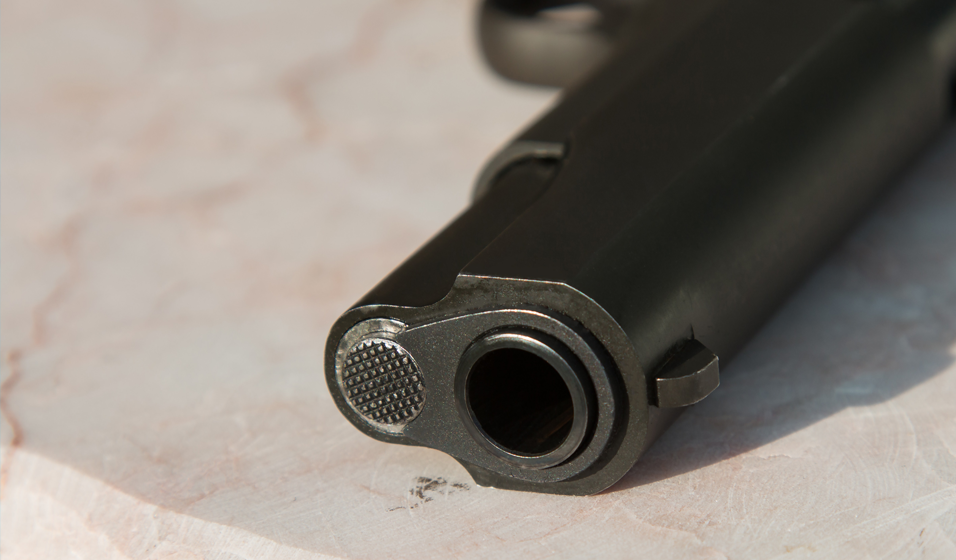
SPECIAL ISSUE: What Guns Mean: The Symbolic Lives of Firearms
What Guns Mean: The Symbolic Lives of Firearms
Editor: Professor Jonathan M Metzl (Frederick B. Rentschler II Professor of Sociology and Medicine, Health, and Society, Director, Center for Medicine, Health, and Society, Professor of Psychiatry, Vanderbilt University, Nashville, TN)
Civilian-owned firearms are particular material objects whose public health implications garner increasing academic and public attention. After years of relative silence, many leading American public health organizations, medical groups, and research universities have now come out against the research blockade put in place by the so-called Dickey Amendment in 1996. Meanwhile, each successive mass shooting highlights the untenable tensions between public demand for expert knowledge to prevent gun death on the one hand, and a government actively engaged in squelching this exact expert knowledge on the other. In response, growing numbers of medical and public health journals publish research articles and special issues that address the health effects of guns and bullets.
To date, however, relatively little attention has been paid to larger questions of what guns mean, and how firearms emerge as powerful symbols whose connotations are shaped by history, politics, and culture. This article collection will explore these latter associations by looking in depth at guns as particular, and particularly charged, cultural and political symbols. Building on this journal’s commitment to foster, wide-ranging interdisciplinary dialogue, this collection aims to bring together work by humanists, social scientists, public health scholars, and other researchers and writers to address the complex meanings of firearms in ways that provide context for current political debates.
Quantitative, qualitative and investigative research from a range of disciplines is welcomed, including, but not restricted to, anthropology, cultural and media studies, history, literary studies, political science, sociology, public health and psychology.
The collection will consider questions and themes such as:
How are guns represented in literature, art, film, or the media, and how do these representations provide deeper understanding of the contested politics of firearms?
How does history deepen understandings of racialized, gendered, or socioeconomic associations tied to firearms? How might these histories and associations differ by geographical or global context?
How can literary, cultural, or social scientific analysis complement or complicate public health approaches to reducing gun violence? Or deepen understanding of responses to mass shootings, particular gun laws or policies, or the divisive nature of the US corporate gun lobby?
In what ways are gun “debates” symbolic of larger tensions or politics?
How might literary, cultural, or social scientific approaches provide new modes of addressing the opinions and attitudes that people have about firearms and firearm policies, or provide better understandings of differing points of view?
How should the disciplines of the humanities or social sciences or the media effectively engage with political debates about firearm policies? How might these perspectives complicate public-health frameworks surrounding guns?
What lessons can global approaches to, or histories of, firearms impart to the United States? What conclusions can be drawn from research from beyond a US perspective?
How might the NRA, perceptions of American gun culture, and reports about mass shootings shape global perceptions of the United States?
In what ways might addressing firearms symbolically deepen conversations about the ‘sublime qualities’ of guns?

